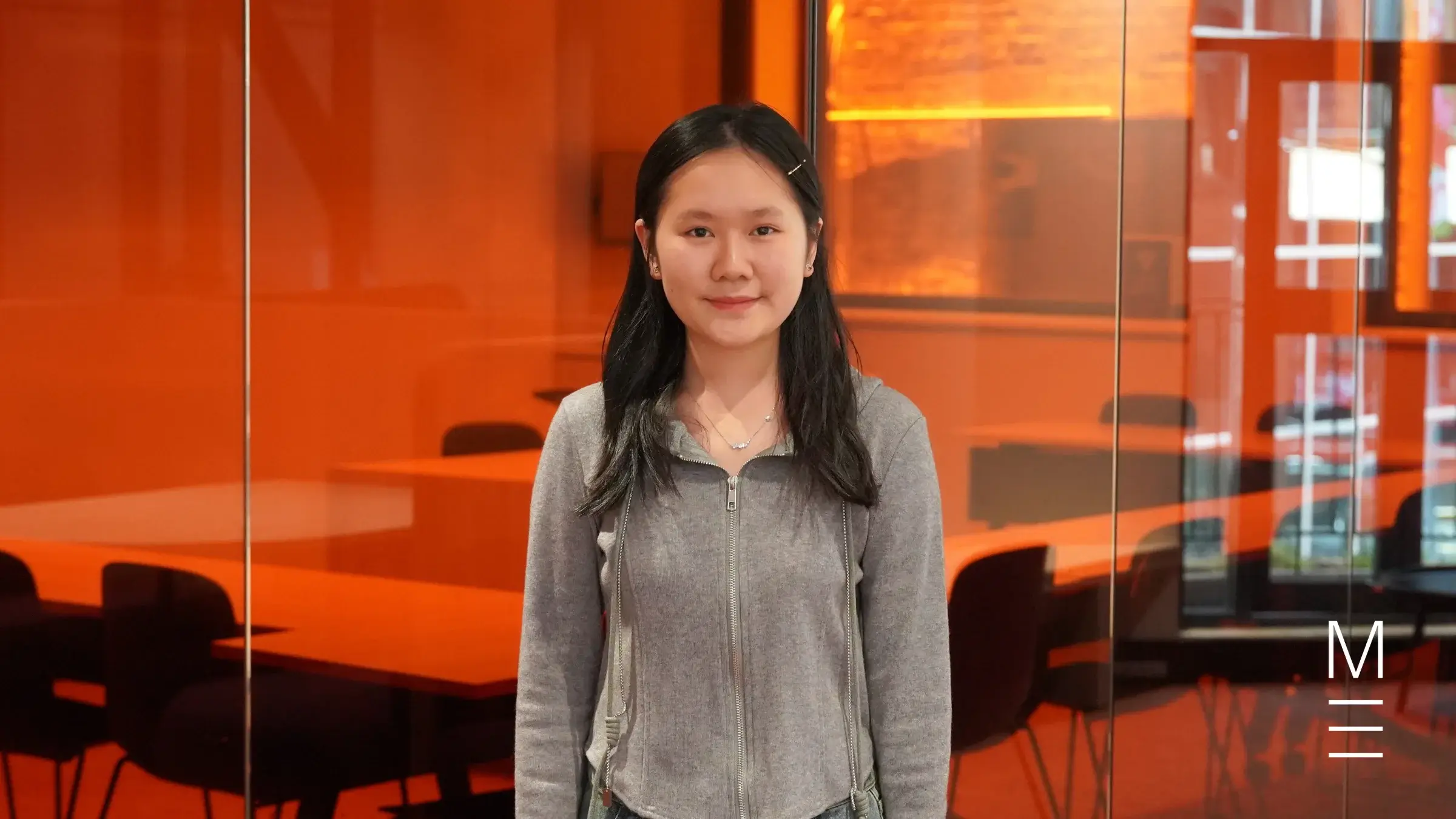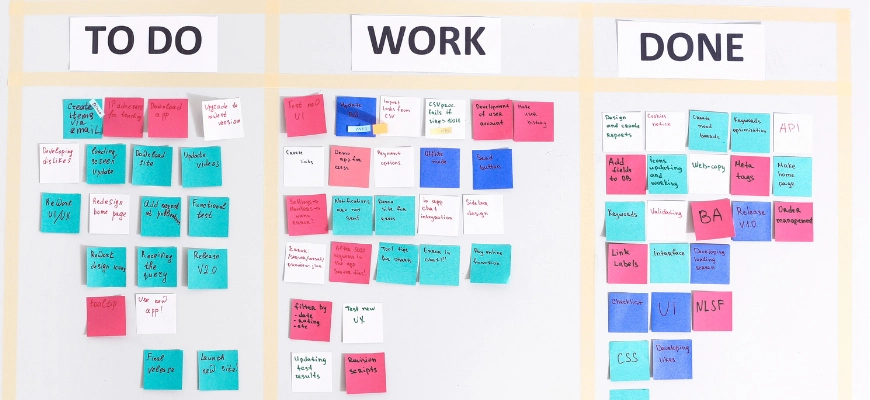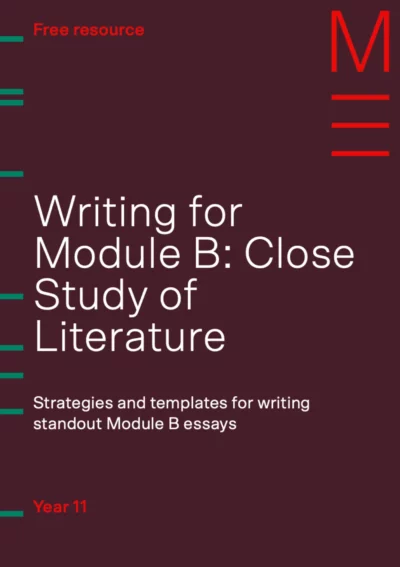Welcome to Matrix Education
To ensure we are showing you the most relevant content, please select your location below.
Select a year to see courses
Learn online or on-campus during the term or school holidays
Learn online or on-campus during the term or school holidays
Learn online or on-campus during the term or school holidays
Learn online or on-campus during the term or school holidays
Learn online or on-campus during the term or school holidays
Learn online or on-campus during the term or school holidays
Learn online or on-campus during the term or school holidays
Get HSC exam ready in just a week
Select a year to see available courses
Science guides to help you get ahead
Science guides to help you get ahead
With smart study and balance, Emma Bu achieved a 99.95 ATAR—find out how you can too!

Join 75,893 students who already have a head start.
"*" indicates required fields
You might also like

Join 8000+ students each term who already have a head start for English, Maths, OC/Selective Prep, Science, Biology, Chemistry or Physics.
Wondering how to get a 99.95 ATAR? Emma Bu shares her journey and top tips to reach the top 0.05%!
Name: Emma Bu
School: North Sydney Girls High School
ATAR: 99.95
University goal: UNSW Bachelor of Actuarial Studies and Computer Science
| Subject | HSC Mark |
| English Adv | 97 |
| Maths Ext 2 | 96 |
| Maths Ext 1 | 98 |
| Legal Studies | 97 |
| Chemistry | 96 |
| Japanese Continuers | 98 |
Everyone has a different organisational method. For me, I could not wrap my head around Notion, so I simplified my everyday schedule with a weekly planner. I didn’t block my time out into hours because I found that my day-to-day life was too unpredictable (transport, extra-curriculars, appointments, tutoring homework) to concretely determine a study schedule for each subject. Instead, the night before, I would plan out tasks I wanted to get done the next day (especially during HSC) within specific subjects (e.g. write 2 body paragraphs for my base Module B essay, finish watching Chemistry lesson 5, do exercise 16A of maths, etc).
I always made sure to add important dates such as exams to my calendar: visualising how many days are left was always sure to provide me with some sort of motivation (or panic), and urge me to start working.
To fight distractions during study, I used apps where I could connect with friends and study together. Some of the most popular options are YPT and Forest but there are many others out there! This way you can measure your progress and even have more pride in the outcome as you look back on your efforts.
If you’re wondering how to get 99.95 ATAR, the holidays are the best time to get ahead! Study (and procrastinate) with friends, catch up on all your missing maths homework, but also get a start on the new content and HSC prep.
The holidays were when I did the bulk of my Matrix Chemistry course as I had sufficient time every day to finish at least one lesson a day. Refining your exam notes is also always a good idea so that when HSC comes around, all you have to do is refresh those concepts and then start on past papers.
Some people find themselves doing 12 hours a day, others only 2-5: any hour spent studying is already a plus.
Make sure to balance your relaxation with studying; you don’t want to burn out before school starts. I found myself following a simple schedule of going for a walk/run every morning, enjoying breakfast and lunch whilst watching Netflix, and getting work done between those times.
I would often go to the library where I studied with my friend and we went for food runs to destress.
At night, I would get a little more study in after dinner and then settle back for my favourite show again.

One of my key strategies for how to get 99.95 ATAR was to start by revising my content. I found that doing past papers without refreshing previous knowledge never worked. Doing papers open book personally didn’t work as effectively when I was constantly flipping through to find syllabus content.
Instead, I went through the syllabus slowly 1 or 2 weeks before the exam and only when I was confident that I had memorised the concepts and could sufficiently apply that knowledge/form a coherent answer, did I do past papers and previous trial papers.
I grappled the most with the seemingly insurmountable wall of English Advanced. From the beginning of Year 11, I found that the expectations of my ability in English had suddenly jumped from junior to senior years, and I had no idea what I was doing.
Writing essays, doing multimodal presentations, and short answers were some of the hardest tasks I had to do in my entire high school life. I had so many breakdown sessions when I wondered how one individual could be capable of doing everything. However, I discovered there were many methods for me to manage the immense workload. The most important ones for me are detailed below.
1. Read and absorb
Reading is somehow one of the best things you can do for your English. It will help you with your phrasing and expose you to ideas that you are often unable to come across in a school environment. Importantly, reflect upon what you read and keep track of words that you might not understand and could one day include in an essay.
Also, be inspired by texts you read of things you might like to talk about in a Module C piece. I personally was very inspired by the writing style of different authors I read, and could use that knowledge to craft my authorial voice in imaginative writing.
2. Be organised
For each module, plan out exactly what documents you will need throughout the year. For instance, Module B was a Google Drive folder that was made up of separate docs. I had:
3. Do it together
It was so painful for me to start doing English every morning before the HSC, I very much regretted pushing the workload into those last few weeks. My tip here is to just open your document and start typing. Anything, no matter how irrelevant, will fuel you into just a little bit of motivation to continue, especially with those dreaded Module C pieces that take way too much time to write.
Work with a friend and keep each other accountable. In the weeks leading up to HSC, I met up with one of my friends almost every second day: we always did English first and kept each other going! We shared almost all our pieces and essays and I found that there was always some idea or phrasing that I could take away from her piece and extend upon: English is simply the best subject that you can collaborate on.

1. Do Questions
This is probably the best advice I can give for anyone struggling with Maths. Whilst writing notes has some benefit, ultimately it’s how you apply that knowledge that gets you marks. Do homework, past papers, trial papers, (attempt) questions your friends can’t figure out, questions with friends, and classwork questions!
Don’t restrict yourself to just the textbook but challenge yourself with every new topic you learn to do questions with unfamiliar formats that you have no idea where to begin. Try to step outside your comfort zone.
2. Remember your mistakes
There’s no use doing questions if you always make the same mistake. Compile a document of your previous mistakes, and share it with your friends. It also doesn’t have to be a mistake – you can add questions where the marker has simply used a faster method.
When I learnt from the mistakes myself and my friend had made, I realised that we shared similar weaknesses. Then I spent extra time doing questions on those topics, giving myself more exposure to harder problems. Plus, going over questions you got wrong or didn’t understand right before an exam by looking at a compiled list can give you a boost of confidence and ensure you can tackle it during the test.
3. Ask others
Work together in study groups for maths – this is the best way to reflect on the method you apply to each question and figure out if there is a more efficient process of doing it. Working with others on difficult problems can be great for brainstorming where to begin and testing different possible approaches. You can keep each other accountable and motivated too through friendly competition by doing previous trial/past papers!
The most important aspect of any science is understanding the theory and principles before applying that knowledge to questions. When studying Chemistry with Matrix, I made sure to condense their notes into my own study notes, combining school content and tips so that I could understand them.
My notes were a combination of Google Docs and OneNote – on Google Docs I had my comprehensive notes that corresponded to each syllabus dot point, whilst on OneNote I had my summarised notes for exam revision and refreshing crucial theory.
I would then practise answering questions from the workbook, as well as additional questions in the lead-up to my exams. Most types of questions have a formulaic structure – it’s important to understand how to format your response so that it’s legible but hits all of the marking criteria.
Always be willing to improve.
And above all, enjoy the memories you make with your friends at school and the experiences that form a crucial part of yourself!
Expert strategies and templates for writing standout Module B essays. Fill out your details below to get this resource emailed to you. "*" indicates required fields
FREE HSC Module B: Close Study of Literature Guide

FREE HSC Module B: Close Study of Literature Guide
Written by Matrix Education
Matrix is Sydney's No.1 High School Tuition provider. Come read our blog regularly for study hacks, subject breakdowns, and all the other academic insights you need.© Matrix Education and www.matrix.edu.au, 2023. Unauthorised use and/or duplication of this material without express and written permission from this site’s author and/or owner is strictly prohibited. Excerpts and links may be used, provided that full and clear credit is given to Matrix Education and www.matrix.edu.au with appropriate and specific direction to the original content.